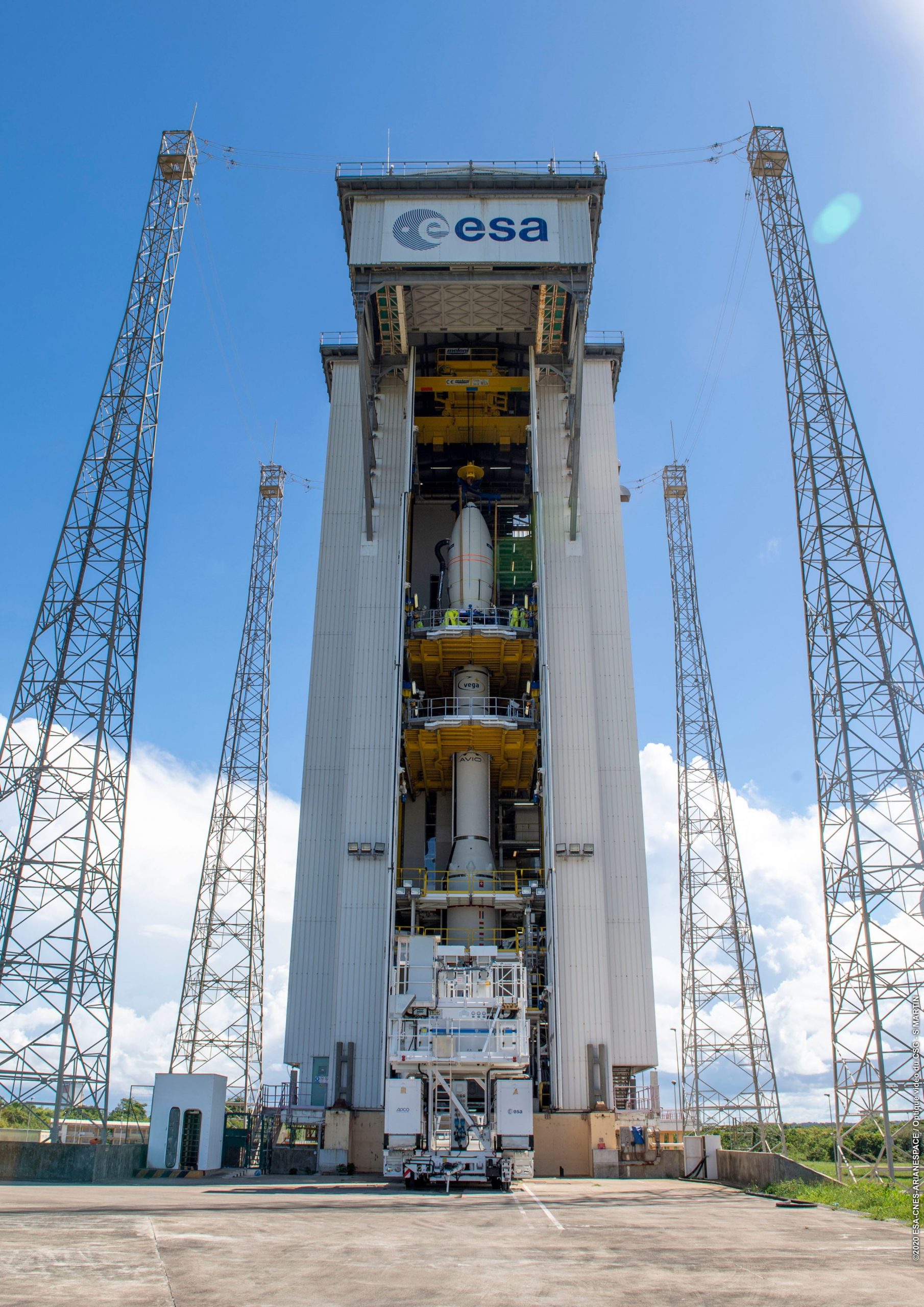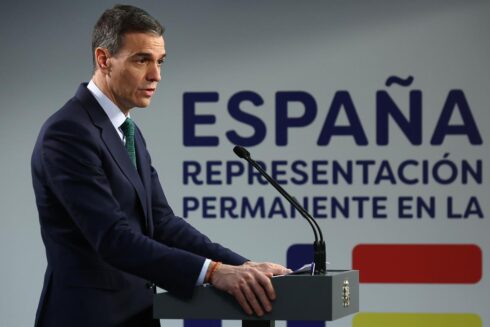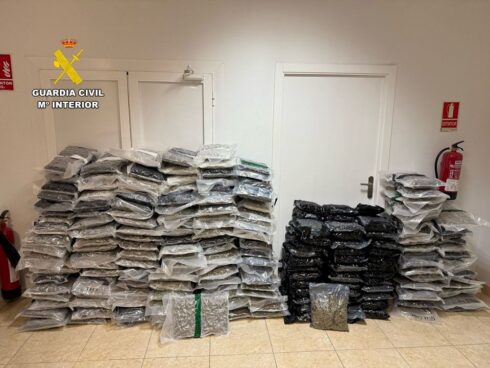THE Spanish satellite SEOSAT-Ingenio, the largest space project ever undertaken by the national industry, was lost eight minutes after its launch from Kourou, in French Guiana.
According to official sources, at approximately three o’clock yesterday morning, the Vega VV17 rocket that was to put the satellite into orbit was deviated from its trajectory by ‘a series of human errors’.
The French company Arianespace, which was responsible for the rocket, have acknowledged that the failure was most likely caused by two crossed cables during the manufacture of the launcher.
Roland Lagier, Arianespace’s Chief Technical Officer, informed that the loss of control of the mission was due to a failure in the ignition of the engine, caused, in turn, by ‘a series of human errors, not design errors’.
The company has announced that it plans to set up a committee of enquiry with the European Space Agency to try to clarify the facts and correct the chain of errors made for future missions.
The Spanish, state-owned project had cost €200 million and was a milestone for the national industry, carried out with technology made in Spain, by companies such as Airbus, Sener and Indra, and with the collaboration of the European space agency.
The mission was to orbit some 670 kilometres from the earth’s surface and its objective was to obtain high-resolution images, with a capacity of glimpsing objects the size of a car from space.
The images would have benefited a myriad of sectors, from the study of climate, to agriculture, mining and response to environmental disasters.
The Ingenio satellite was to be the latest addition to the European constellation of earth observation satellites, called Copernicus.
Pedro Duque, Minister for Science and an astronaut has expressed his ‘disappointment at the loss of the mission’.
“However, this project has enabled Spanish industry to demonstrate its ability to develop complete space systems and win new contracts.” he said.








